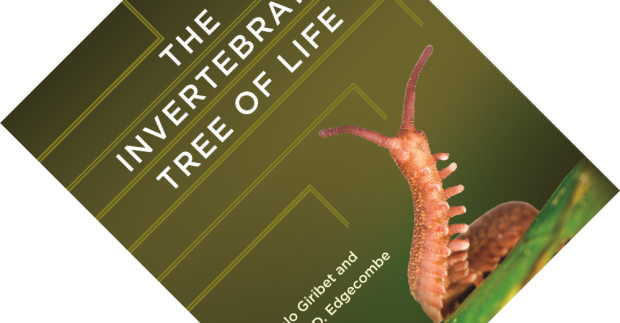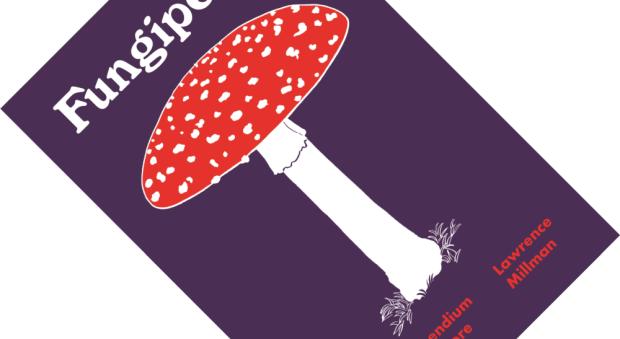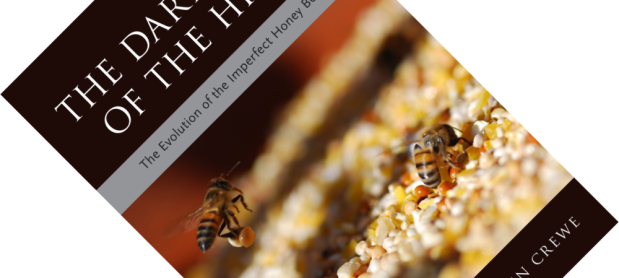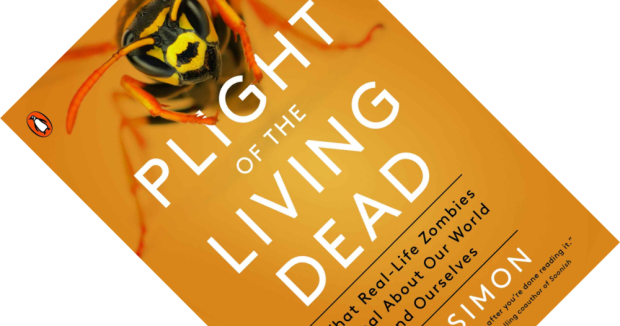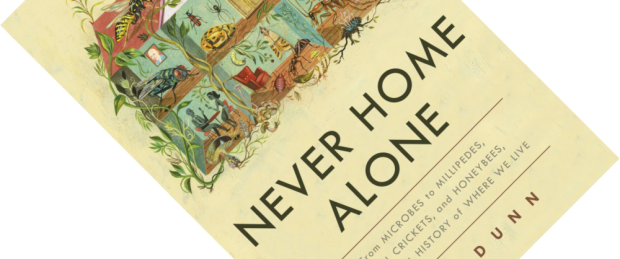6-minute read
To outsiders, phylogenetics, the study of the evolutionary relationships between organisms, must seem like quicksand: the landscape is ever-changing and what you thought was solid ground can turn into contested and unstable territory overnight. Even so, we are getting an ever-clearer picture. In no small part this is due to new methods: the rapid technological progress in DNA sequencing has now made it both feasible and affordable to sequence whole genomes (all of a cell’s DNA) instead of selected genes for many taxa. And when you can bring multiple lines of evidence – morphological, developmental, genetic, and palaeontological – to bear on the question of evolutionary relationships, the resulting family trees become better supported and more credible. That is exactly what Gonzalo Giribet and Gregory Edgecombe, both experts in invertebrate biology and palaeontology, have done here in The Invertebrate Tree of Life – a work of dizzying scope since 96% of all known species are invertebrates. They have synthesized a truly monstrous amount of research to give an overview of our current thinking on invertebrate phylogeny, writing a new benchmark reference work for students of invertebrates.

